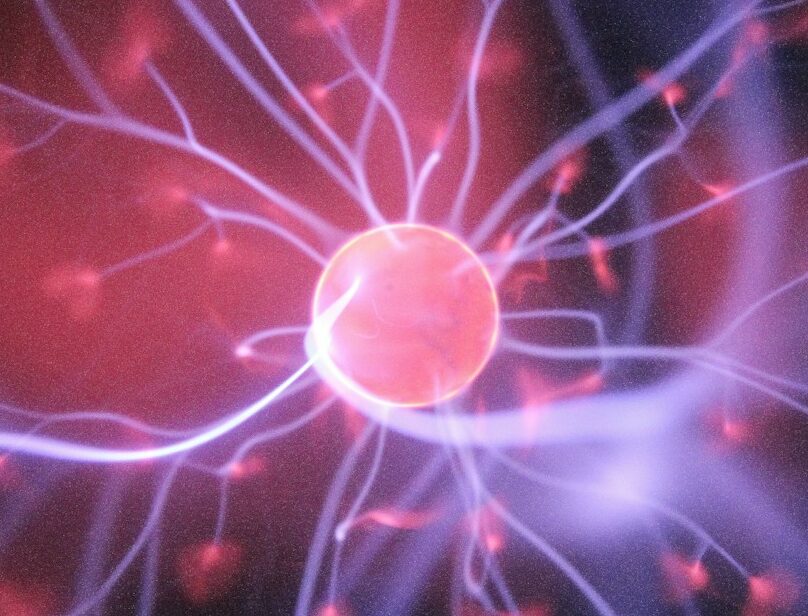Alcohol consumption is a widespread practice across cultures and societies, often associated with social gatherings, celebrations, and rituals. However, its effects on the brain are profound and multifaceted, influencing both the structure and function of various brain regions. This article delves into the neurobiological impacts of alcohol, focusing on neurotransmitter changes and the specific brain regions affected, which collectively contribute to alcohol dependence and addiction.
Gamma-Aminobutyric Acid (GABA)
Alcohol significantly impacts the neurotransmitter systems, including the inhibitory neurotransmitter gamma-aminobutyric acid (GABA). Alcohol enhances the effect of GABA on the GABAA receptor, which leads to decreased brain excitability. This action is primarily responsible for the sedative effects of alcohol, contributing to decreased anxiety and motor coordination.
Glutamate
Contrasting its effects on GABA, alcohol inhibits the function of glutamate, an excitatory neurotransmitter. By inhibiting glutamate receptor activity, alcohol reduces neural activity and impairs cognitive functions such as learning and memory. This inhibition is particularly detrimental in the hippocampus, where it can disrupt long-term potentiation, a crucial process for memory formation.
Dopamine and Serotonin
Alcohol also increases the levels of dopamine and serotonin in the brain, neurotransmitters associated with the brain’s reward system and mood regulation, respectively. The increase in dopamine is particularly noted in the nucleus accumbens, a key area of the brain involved in the development of addiction. This dopamine release contributes to the pleasurable feelings associated with drinking and can lead to increased alcohol consumption due to its reinforcing properties.
Prefrontal Cortex
The prefrontal cortex (PFC), responsible for decision-making, impulse control, and self-regulation, is significantly affected by alcohol. Alcohol exposure can impair the functioning of the PFC, leading to poor judgment, impulsivity, and difficulty in making rational decisions, which are critical factors in the development of alcohol dependence.
Hippocampus
The hippocampus plays a crucial role in forming new memories and spatial navigation. Alcohol induces changes in the hippocampus, leading to memory impairments and a reduced ability to learn new information. Chronic alcohol consumption can lead to significant hippocampal shrinkage, further exacerbating cognitive deficits.
Cerebellum
The cerebellum, which coordinates voluntary movements, is another brain region that alcohol heavily influences. Impairment in cerebellar function due to alcohol results in uncoordinated movements and balance difficulties, commonly observed as the staggering gait of intoxication.
Amygdala
The amygdala, involved in emotion processing, shows heightened activity in response to alcohol. This increased activity can lead to heightened emotional responses and anxiety, which may contribute to the anxiety and discomfort experienced during alcohol withdrawal, often leading individuals to consume more alcohol to relieve these symptoms.
Mechanisms of Alcohol Dependence and Addiction
The transition from occasional alcohol use to dependence involves changes in brain neurocircuitry. Chronic alcohol exposure leads to adaptations in neurotransmitter systems that reinforce alcohol use and make cessation difficult. The development of tolerance—requiring increasing amounts of alcohol to achieve the same effect—and physical dependence, characterized by withdrawal symptoms upon cessation, are key features of alcohol addiction.
Neuroimaging studies have shown that chronic alcohol consumption leads to structural brain changes, including reductions in brain volume and white matter integrity. These changes are most pronounced in the frontal lobes and are associated with cognitive impairments and emotional dysregulation, complicating the recovery process.
Conclusion
The impact of alcohol on the brain is extensive, affecting multiple neurotransmitters and brain regions. These neurobiological changes not only contribute to the immediate effects of alcohol intoxication but also lead to the development of long-term dependence and addiction. Understanding these effects is crucial for developing effective interventions and supports for individuals struggling with alcohol-related disorders. As research continues to unravel the complex interactions of alcohol with the brain, it provides hope for more targeted and effective treatments in the future.
References:
https://www.health.com/condition/alcoholism/effects-of-alcohol-on-the-brain
https://www.accessmedicinenetwork.com/posts/34085-the-effect-of-alcohol-on-neurotransmitters-in-the-brain
https://www.ncbi.nlm.nih.gov/pmc/articles/PMC4065474/
https://www.duffysrehab.com/rehab/alcohol/articles/how-does-alcohol-affect-the-brain/
https://sites.duke.edu/apep/module-2-the-abcs-of-intoxication/content-the-intoxicating-effects-of-alcohol-depend-on-the-brain-region-affected/
https://academic.oup.com/alcalc/article/44/2/128/184655
https://sites.duke.edu/apep/module-2-the-abcs-of-intoxication/content-alcohol-interacts-with-receptors-in-the-brain-to-produce-its-effects/
https://www.scripps.edu/newsandviews/e_20020225/koob2.html
https://www.ncbi.nlm.nih.gov/pmc/articles/PMC9139063/
https://oasas.ny.gov/system/files/documents/2019/08/The_Brain.pdf
https://www.niaaa.nih.gov/publications/alcohol-and-brain-overview


0 Comments